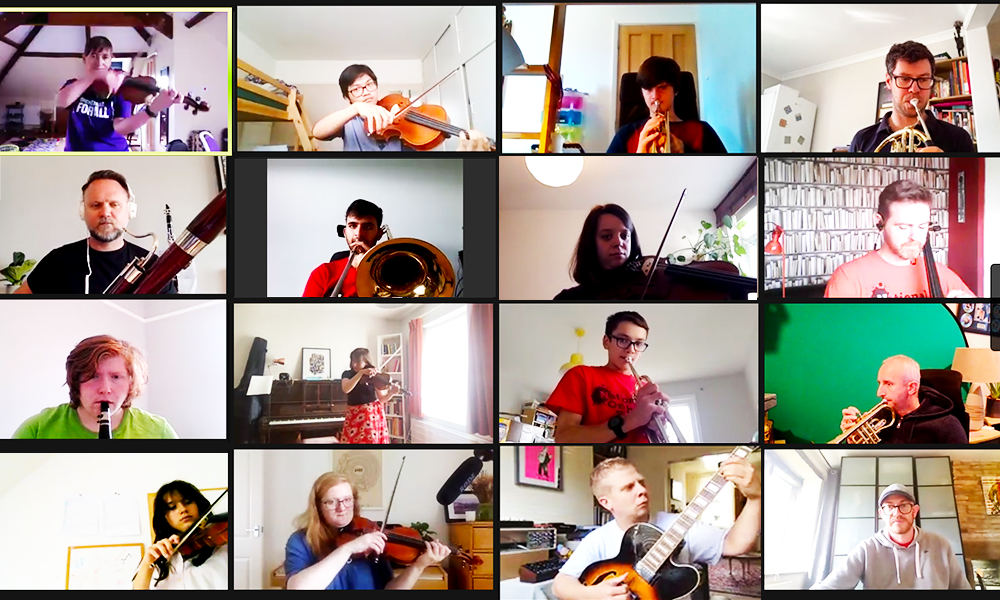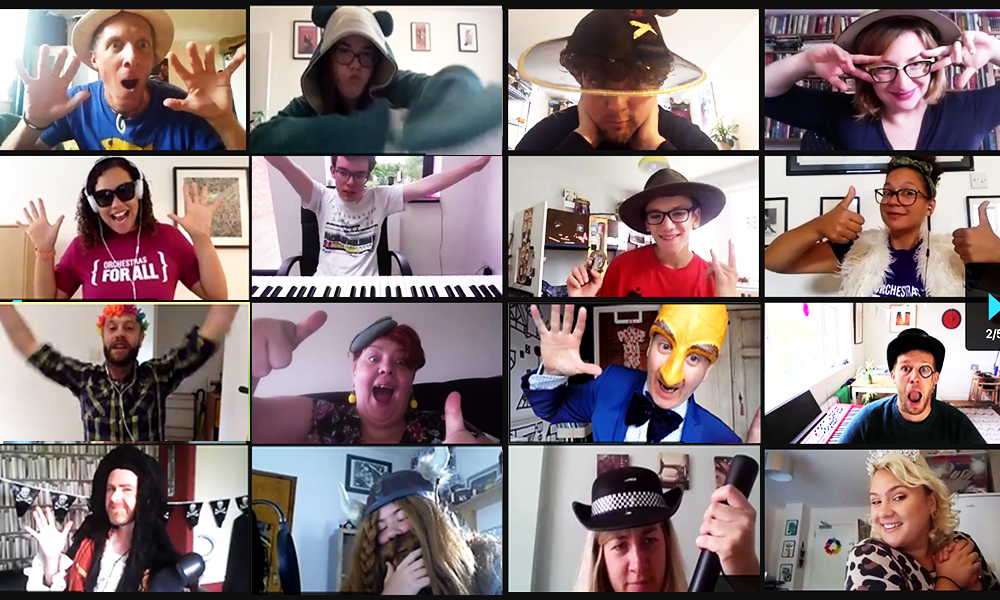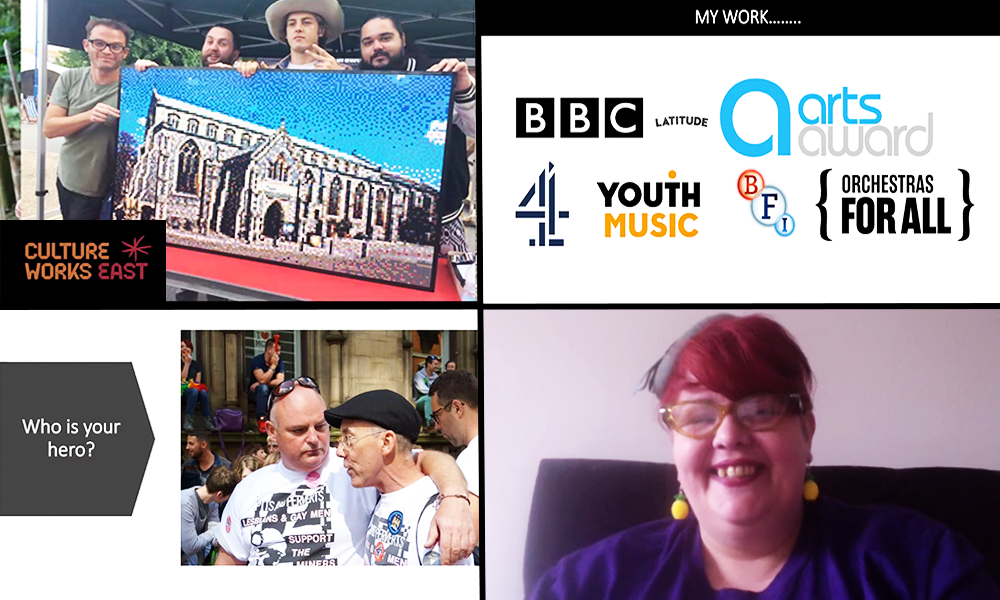Meet Hannah, our inspiring young viola player in National Orchestra for All (NOFA). When the sixth form student isn’t busy learning Spanish or making music with others, she loves nothing more than getting creative with video editing. Here’s Hannah’s story…
So, why do you enjoy playing the viola?
When I first came to NOFA, I saw the violas and was like *gasp* – they’re so amazing! Darwin, who is also in the orchestra, gave me his viola and I played it a little bit. I was like, “Oh my gosh, I love this already!” and it wasn’t even my own viola.
I fell in love. It was amazing because of how resonant it sounds, the tone and if I was an instrument, I would be the viola!
What’s it like being a member of National Orchestra for All?
NOFA is special to me because you get to meet people from different backgrounds, you get to meet people from different parts of the UK. They may have started somewhere completely different – their journey is completely different to yours and somehow you’ve both ended up in the same place.
If you just look at NOFA, you can see a lot of different personalities even through like how their hair is, how they dress. We share music and that love for making music.
Sixth form student, Hannah, enjoys rehearsal time with the strings ahead of a NOFA performance
How has Orchestras for All broken down barriers to music-making for you?
My school doesn’t even do any viola lessons – it’s very uncommon. The way that NOFA welcomes you and generally creates a safe space to share your ideas, it allows you to improvise and it doesn’t make you worry about getting something wrong.
It’s a comfortable space. Even if you come from a working class background or aren’t able to get classes, you’re still able to learn and meet other people who can help you learn. It just allows you to have that space to be comfortable, to be confident.
When you’re not playing music with NOFA, what’s your favourite hobby?
Outside of NOFA, I do video editing myself. I’ve made about three pieces of music for these content creators called the Yogscast and also edited a few videos for my friends who are content creators on YouTube.
I ask my friends to draw something and then I’ll just pull it together – and a lot of my friends are artists, so they want me to edit their animations, put a voice over it, put music in it. I was talking to my brother about it and I was like, “I could do sound design and film!”. I could somehow get into editing to do that, or stick with music, sound design and music in films.
Viola player, Hannah (pictured bottom left), makes music online with members of National Orchestra for All
What advice would you give to young musicians who want to join an orchestra?
Don’t be scared! Don’t be scared to just throw yourself in there – once you get in, you’ll have that adrenaline.
You feel amazing once you start playing with people and once you find your sort of people who are so accepting and so much like you, you’ll feel comfortable playing with them as an orchestra.
And finally, please complete the sentence: Orchestras for All is…
…a comfortable space for everybody!
To improve access to music-making for young people like Hannah, please donate today >


























